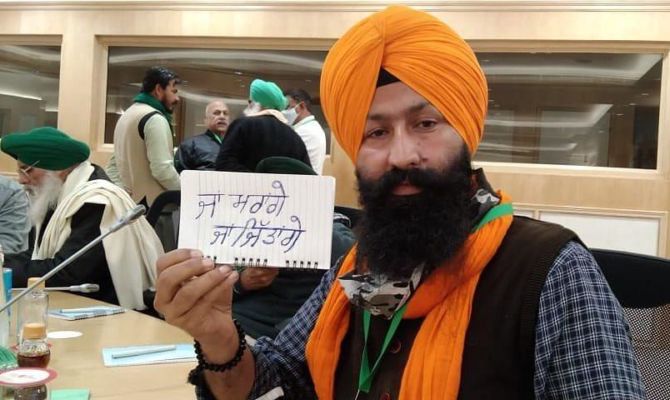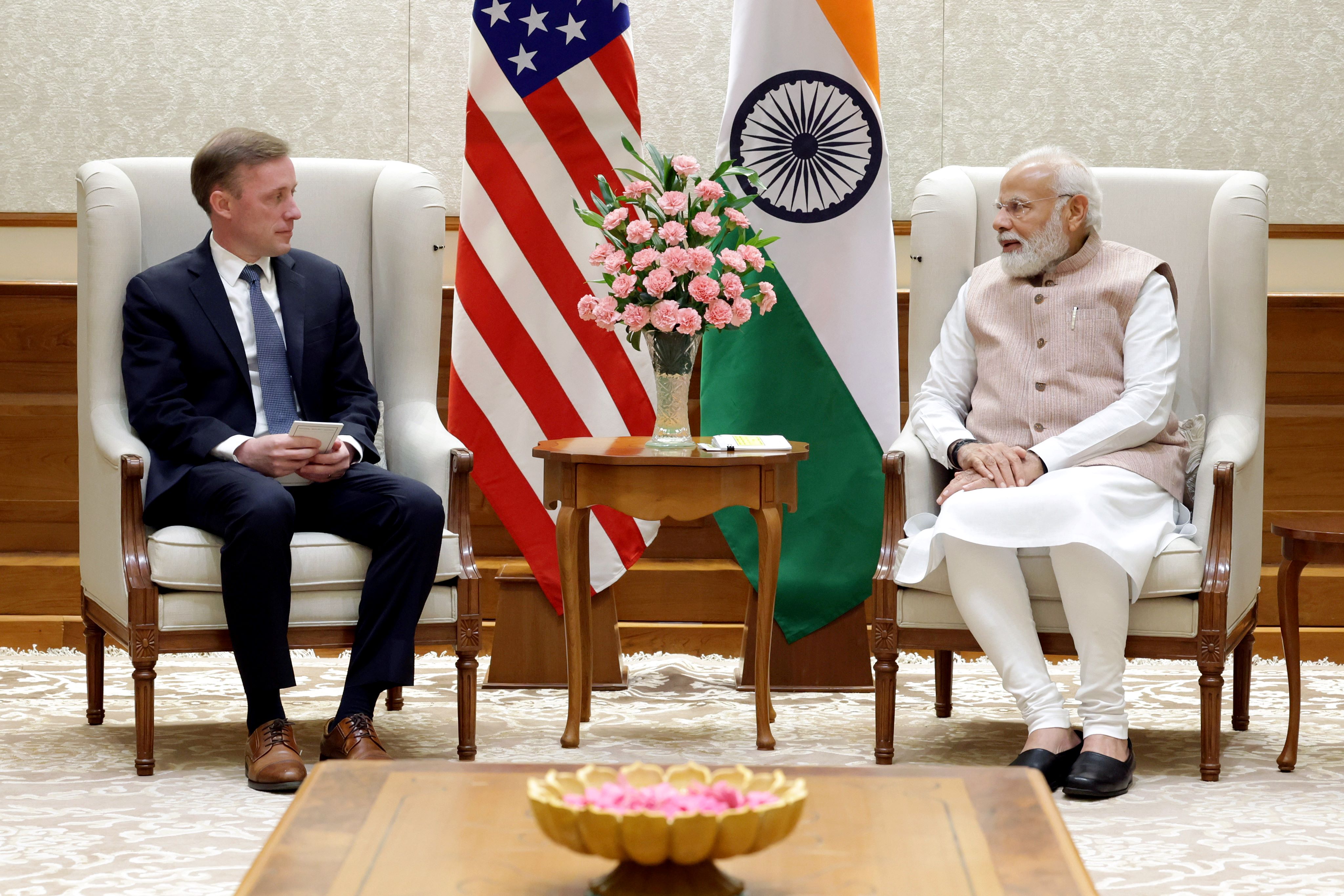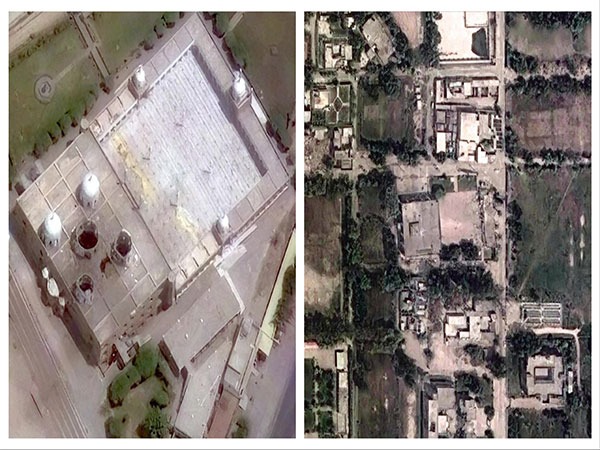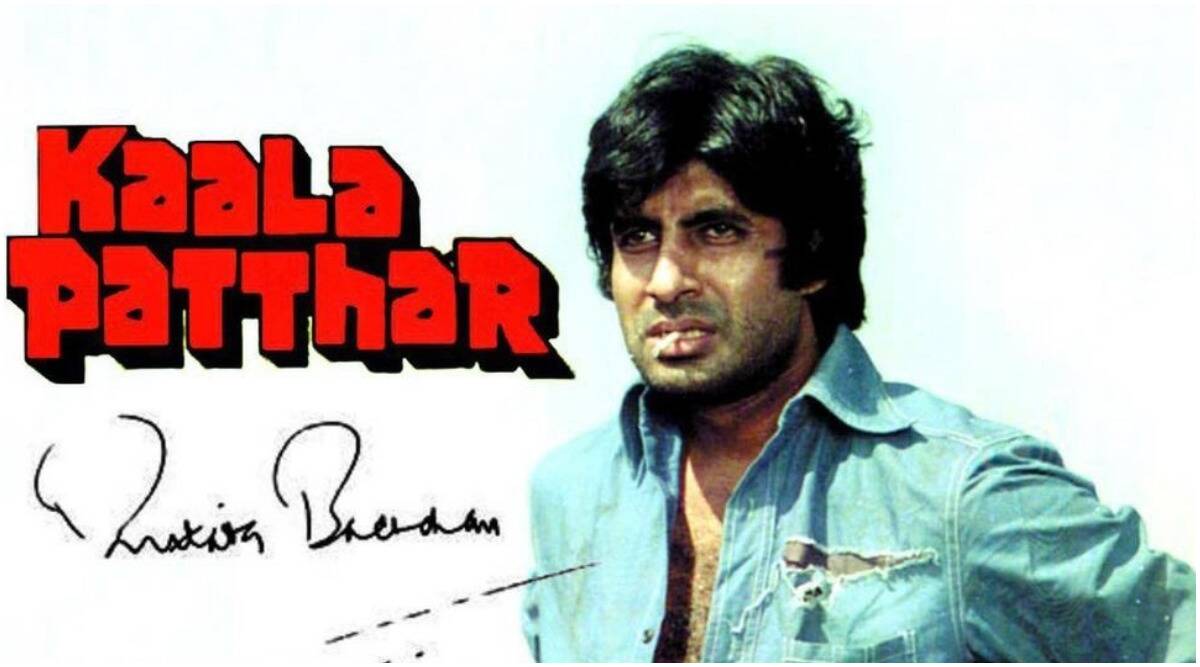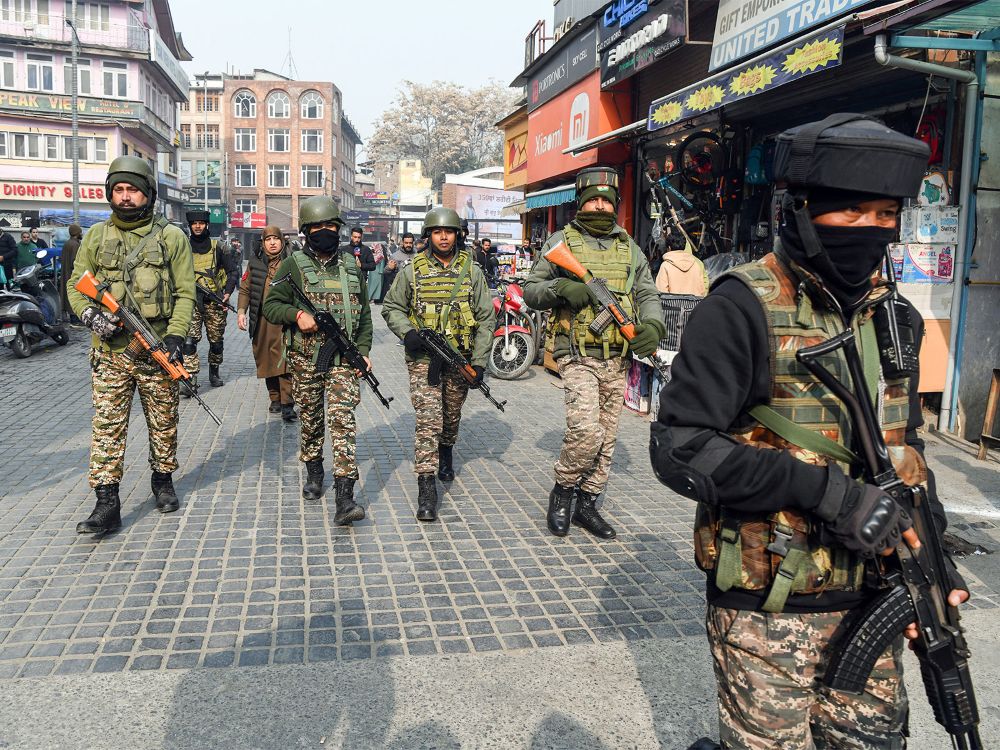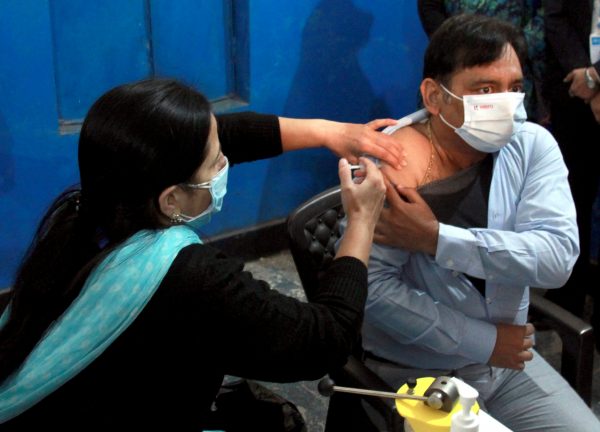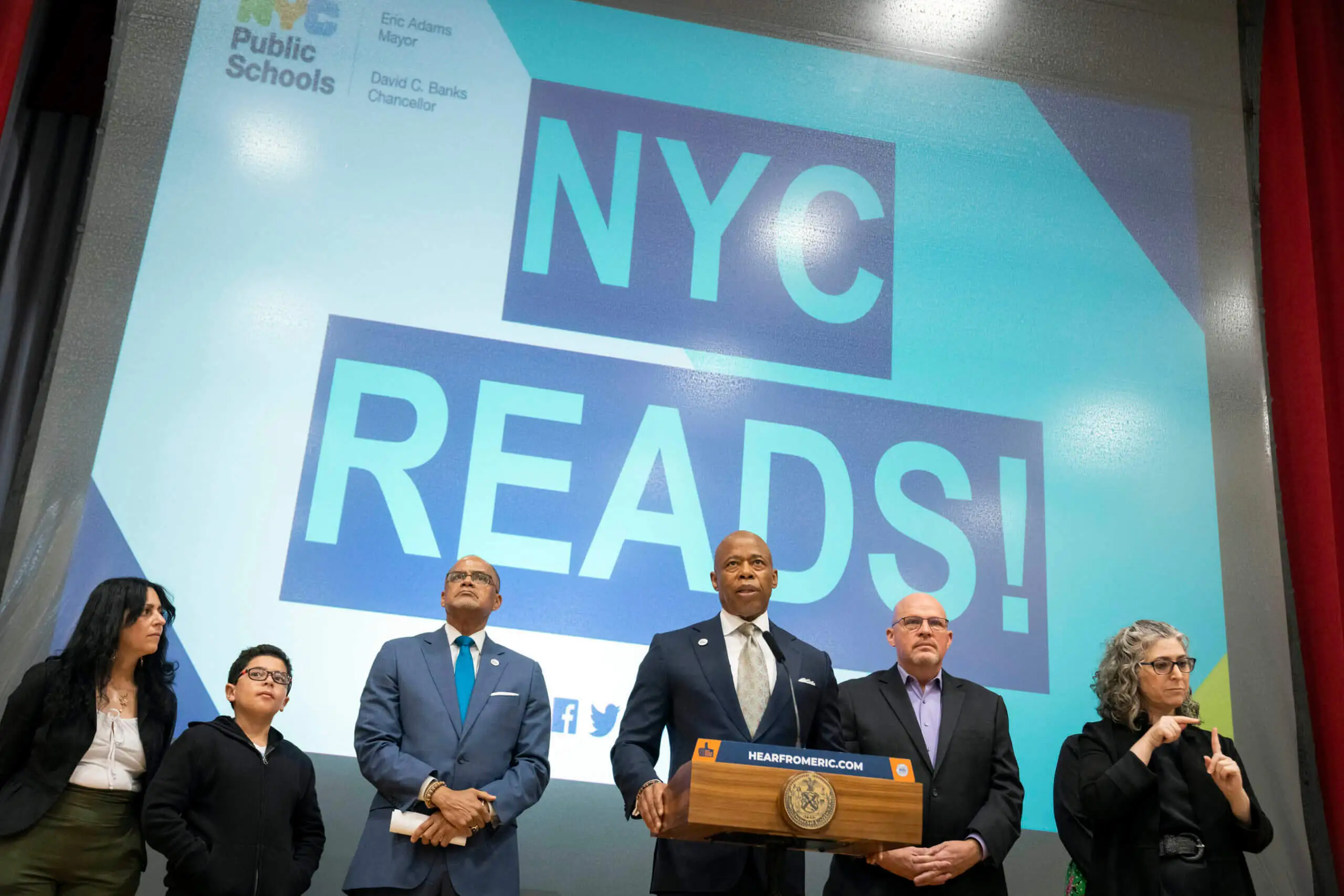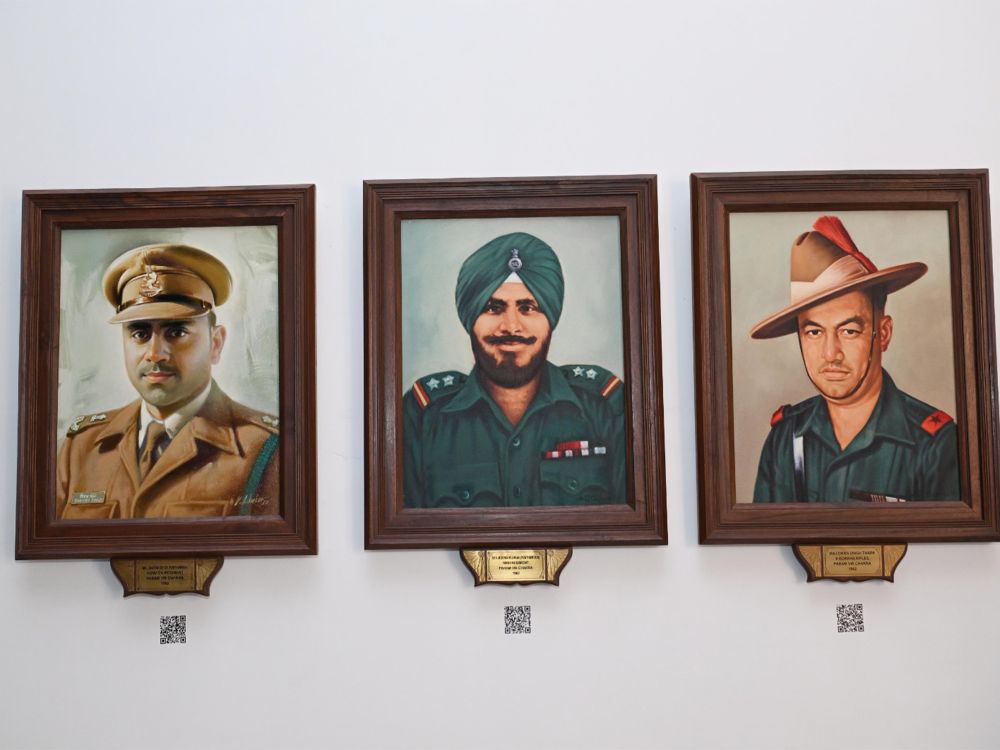The farmers have only been intensifying their stir.
The ninth round of talks between farmers and the Indian government on Friday has ended in another impasse. On the 44th day of protests that are now largely centered in the national capital region of Delhi, trust deficit was apparent. Farmers did not relent on their primary demand for a reversal of the new farm laws.
In the meeting on January 8, the government offered two proposals:
One, to constitute an informal group to debate and resolve the issues. Although the findings of that group would not be binding, it would be a way to explore the direction in which to proceed with common consent.
Two, to let the courts determine the legality of the acts. The courts would decide whether the laws or the protests were illegal. A protracted court battle can be seen as a clever negotiating method for the government, but that course of action would work to the detriment of the farmers who have arrived in the capital in bitter cold and have been camping there for several weeks.
Both those proposals did not find the farmers’ assent. Among other objections, farmers also do not find the government’s effort to reconcile genuine.
The government has been campaigning its stand on the media, and Prime Minister Narendra Modi has himself talked in public, defending the laws. The government repeatedly claims that the farmers are being misled by political parties, an allegation both the farmers and political opposition parties deny.
The ruling Bharatiya Janata Party (BJP) launched a nationwide campaign this week to support the government’s efforts and released a booklet, Putting Farmers First. On the other hand, several political and apolitical groups including a group of 78 civil servants have appealed to the government, claiming the government acted against constitutional provisions.
The next meeting between the farmers and the government is scheduled in exactly a week, on January 15. However, experts are not optimistic there may be any dramatic movement in that meeting, either.
Farmers in India have been up in arms with the government after the government brought in three bills that were hurried through Parliament: The Farmers Produce Trade and Commerce (Promotion and Facilitation) Act, 2020, The Farmers (Empowerment and Protection) Agreement on Price Assurance and Farm Service Act, 2020 and The Essential Commodities (Amendment) Act, 2020.
Also read: Tractor rally rehearsal today, say farmers
















